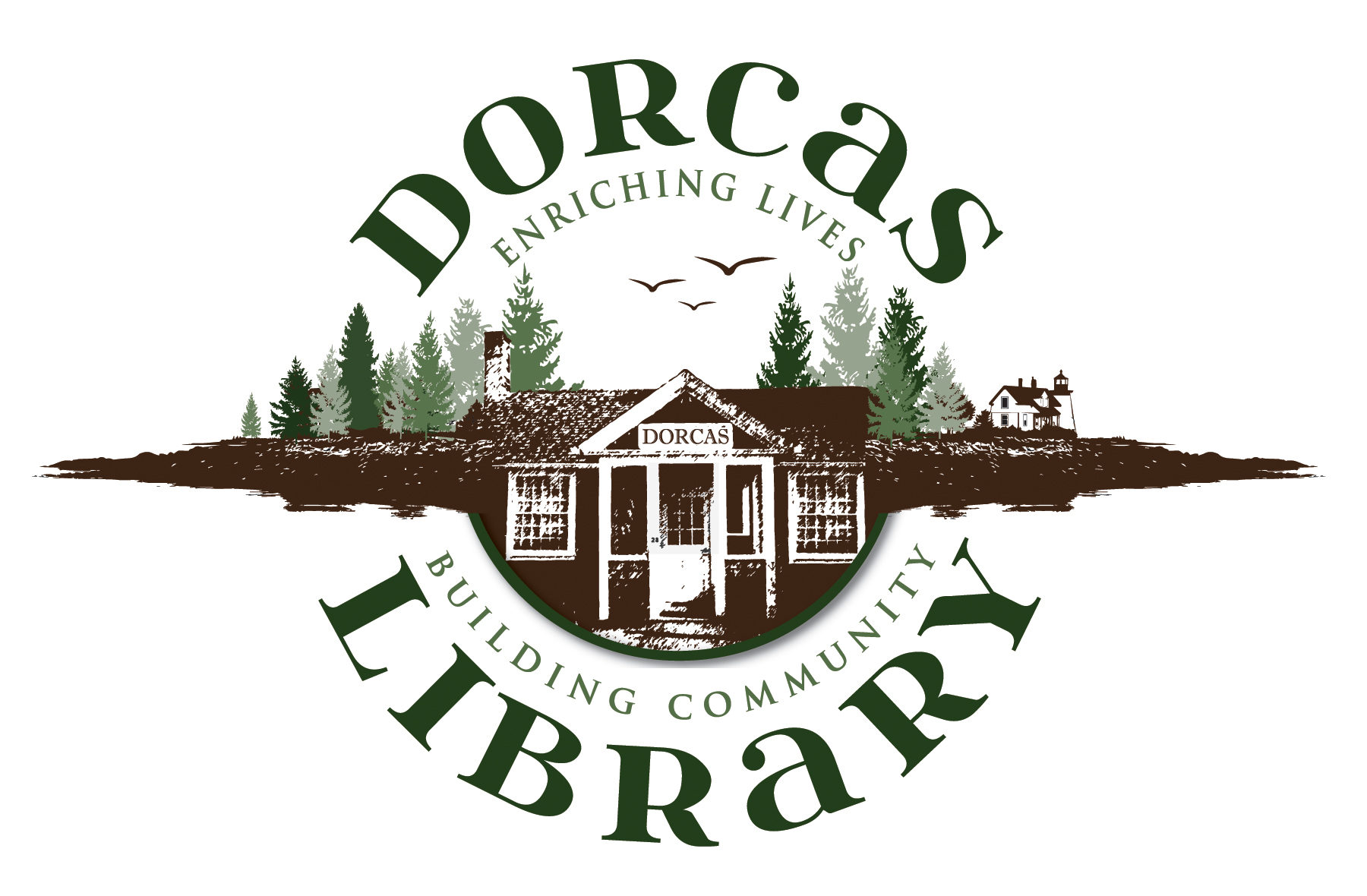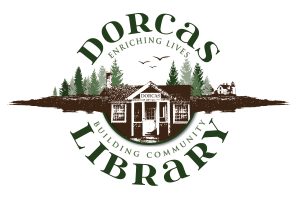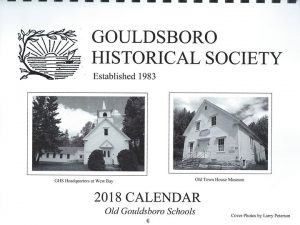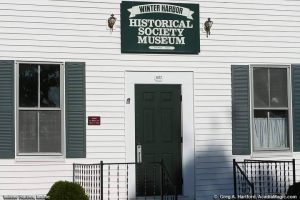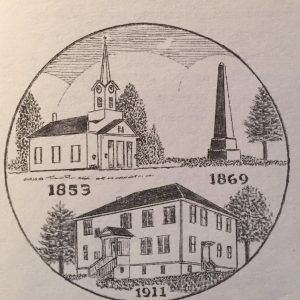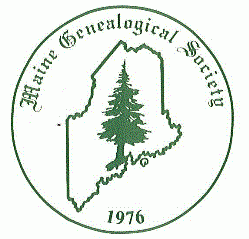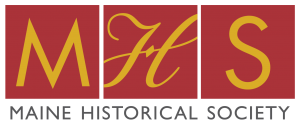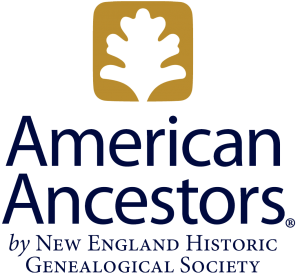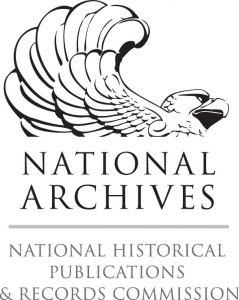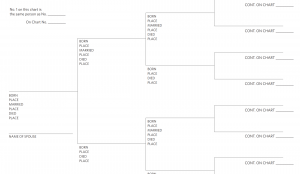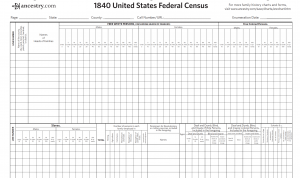
Take the First Steps…
- Begin to gather the facts. Like a detective, you should always have your genealogy notebook at the ready. Learn how to use your smart phone or tablet as a recording device.
- Talk to older relatives. Understand that you are hearing their unique perspective about their life and family. Memory is subjective. Be open-minded, and capture everything people say without trying to correct or change their story. Later, you can sift through their stories for relevant details. Finally, you will want to verify the details of your family history.
- Don’t rely on your own memory. Record your conversations (most smart devices have voice and video recording features) as you ask questions and begin to collect family stories and facts about their own older relatives.
- Collect family memorabilia: photos, scrapbooks, military records, wedding albums or baby books, obituaries, news articles, etc. Develop a system for storing and accessing these items.
- Prepare for deeper research (on the internet, using a library, or visiting an archive). Beginning with yourself, list the basic facts of each family member’s life in a family tree or chart, a table, or in short bullet points. Be sure to include:
- full names, using the birth or maiden name of married women
- significant dates for birth, graduation, marriage, death
- geographical locations including township, county, state or province, and country
- Search for and gather any missing vital statistics related to birth, marriage, and death information, especially from official government sources.
- Be aware that most records of the current era (1940 to present) are closed or unavailable due to privacy and legal restrictions. Your written notes about your living family members may be the only clues a future genealogist will have to further the research.
- Be patient. Genealogy cannot be done in a week. It takes time and dedication. Trying to find your Revolutionary War ancestor on one trip to the library is highly unlikely. It may take several years of research to establish a connection to a Revolutionary War ancestor.
Build Your Genealogical Case
- Like a detective or a reporter, do not accept family stories without verifying the details yourself. It is tempting to go to a website and simply “adopt” the work of another family historian. Don’t do it! Verify, verify, verify.
- Always start from the most recent details, and work backwards from there. Begin by confirming details regarding a person’s death, rather than their birth. Obituaries provide many clues about an individual’s life (significant events, dates, places, people). These clues inform the researcher about where to look for more facts.
- Work from the known to the unknown. Make your research case solid. If you are attempting to prove or disprove information about an ancestor in the early 1800s, you must first confirm all relevant details which lead back from you to them.
- Don’t be hasty. Guard against making assumptions or jumping to conclusions. Rushing your research or skipping quickly back to earlier generations will result in wasted time, money, and effort. Systematically and methodically research all the connections which link you to earlier generations.
- Don’t rule out people simply because their name is spelled differently than your family spells it now. Spelling was not standardized until the twentieth century. Family members, clerks, census takers, and indexers used variant spellings randomly. Sometimes a recorder had poor handwriting, or spelled words the way they heard them. Sometimes a word was spelled with the recorder’s own ethnic emphasis (Kohl, if German; Cole or Coal if English), regardless of the ethnicity of your ancestor. Regional dialects could also affect spelling (Azzilee for Azalea, for instance). If your ancestor was illiterate and signed his/her name with an X you can be certain that there was no right way to spell their name.
- Check, recheck, and triple check your facts and your timeline. Children cannot be born 100 years after their parents have died; no man fought in both the American Revolution and the American Civil war; make sure there are no wormholes caused by similar names in families-children generally do not grow up to marry their parents.
Explore Genealogy at the Dorcas Library!
Dorcas Library provides one-on-one genealogy instruction, and a guided introduction to Ancestry.com and other online resources. This is the perfect way to begin your “hands-on exploration” of family history. Bring any information you have about your parents and your grandparents, and prepare to dig in to history! Call for an appointment, or log in to the Dorcas Library Virtual Learning Center and join our Genealogy Group.
Ancestry @ Dorcas Library
Dorcas Library has a full subscription to Ancestry.com. Suggested donation: $4 per use. See the library director to log in. Available Tuesday, Thursday, and Saturday.
Maine Room & Local History Resources
If your ancestors are from this area, you are welcome to use materials in our Maine Collection. We also have the Maine Genealogist quarterly magazines from February 2008 through December 2015. You also might consider visiting one of our local historical societies:
Regional Resources
If you are researching your ancestors from Maine, you will want to consider a visit to these organizations (in person, or online):
National Resources
Don’t Forget to Connect with Resources in Other Locations!
Remember, that each community where your ancestors lived probably has a local historical society. Join and support these organizations! They are preserving your family’s history and our American heritage.
Many of these organizations can be contacted via the town or the town library websites. If you need assistance in making these connections, please feel free to ask Dorcas Library staff.
What About DNA Testing for Genealogy?
Free Forms for Researchers [click on form for PDF]
Ancestral or Lineage Chart
Family Group Record
Census Analysis Worksheets [US, Canada, UK]

